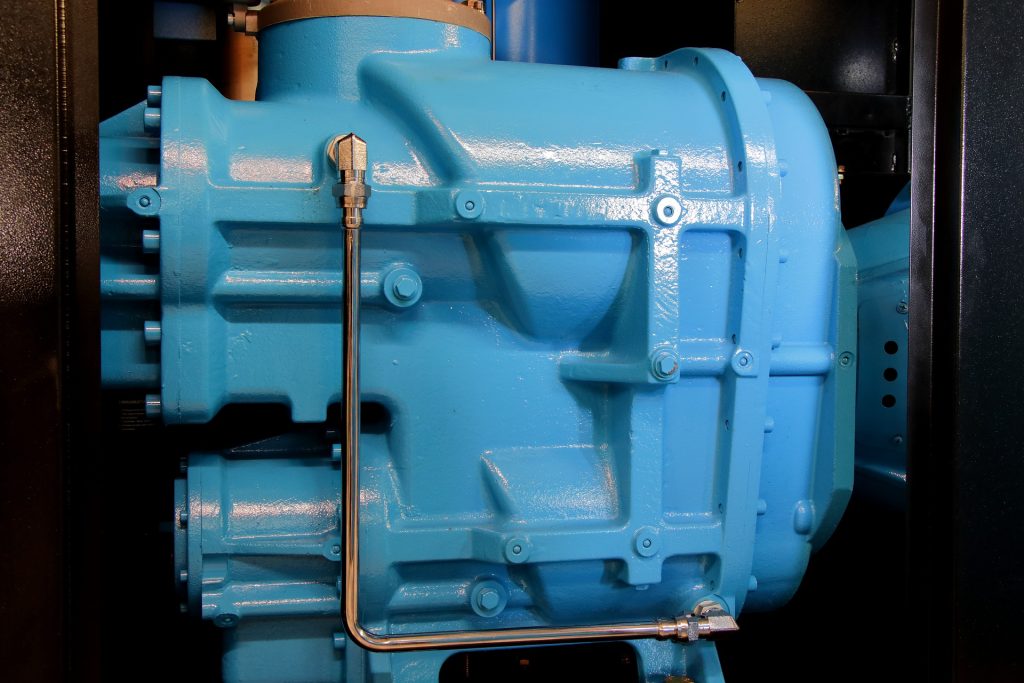
It is not uncommon for a compressor to fail as there are a multitude of reasons that could lead to a malfunction. Some malfunctions are simpler to avoid than others, although there are some breakdowns that are inevitable. That doesn’t mean every problem has to be a major one. Here is a look at some of those issues and how to keep them from destroying your compressor.
Upkeep
Because of the economy, not every budget has enough room for preventative maintenance. Therefore, it is understandable as to why some businesses pass on this aspect of service. It is also important to note that evaporators and condensers can accumulate dirt. When either of these parts get too dirty, your system will be unable to charge.
Wear and tear
Constant use will cause belts and pulleys to wear out over the course of time. Adjustments will need to be made and this can even be done without the service of a professional. Other components can also fail and that could lead to other problems. For example, failing to change a bad relay will burn out the motor.
Keep an eye out
Refrigerant needs to always be charged or else the system could incur icing, which can severely damage a compressor. Meanwhile, a valve that is not properly adjusted will damage the compressor and could cause a liquid floodback. This issue can be alleviated by the quick and easy process of making sure the filter is clean and also doing a check on the super heat.
- To make things even easier, here are some simple steps to follow. Compressors are an important component and keeping them functioning properly can be accomplished by adhering to these guidelines:
- Be sure to examine the gauge pressures. These should be operating on a normal level according to the specified box temperature and ambient.
- Run a visual sweep of numerous components, including the oil level and amp draw. As a rule, the compressor should feature 20 degrees.
- Whenever a compressor is replaced, it is a good idea to also replace the driers as well as the contactors A failure to do so could shorten the lifespan of your new compressor.
- Get to know your oil. It is vital to match your refrigerant with the proper oil. There are far more refrigerants to choose from than oils, which are limited to only a few. Mismatching refrigerants and oils could bring about big problems.